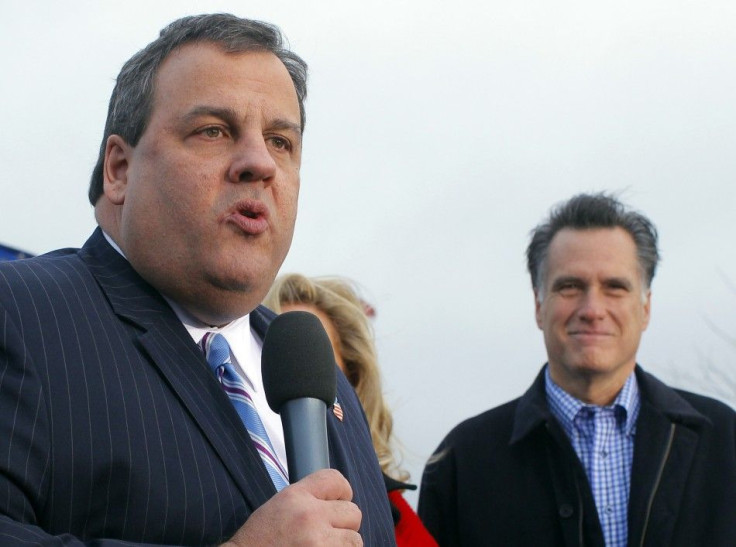Republican Race: No Room for a Surprise Candidate, Study Shows

Mitt Romney appears poised to win decisively in Florida on Tuesday, bolstering his chances of winning the Republican presidential nomination.
It was with some reluctance that the GOP establishment began to coalesce behind the former Massachusetts governor, who managed to win the status of frontrunnner depsite rarely polling above 25 percent. As Tea Party supporters flitted from Michele Bachmann to Rick Perry to Herman Cain, conservative commentators pleaded for a savior -- most often Indiana Gov. Mitch Daniels or New Jersey governor Chris Christie -- to join the fray and generate the enthusiam Romney seemed unable to spark.
The party continues to rally behind Romney, the establishment's choice to take on the self-styled insurgent Newt Gingrich, but Gingrich's unambiguous victory in South Carolina has raised fears that voters may refuse to follow party leaders in backing Romney. Gingrich is likely to soldier on even if he loses big in Florida, potentially extending the race for months.
Late Entry by Another Conservative Not Likely
But don't expect a surprise candidate to try and take advantage. Josh Putnam, a political science professor at Davidson College, analyzed whether it's possible for a new entrant to accumulate the 1,144 delegates needed to secure the nomination and found that it is remote as the site of a scientific outpost proposed by Gingrich.
Many states' filing deadlines have passed, making it impossible for a prospective candidate to get on the ballot. Kentucky's and Indiana's petition deadlines will pass on Tuesday, leaving the total number of delegates available -- and this is assuming that a mystery candidate somehow wins every single delegate -- at 1,066.
Putnam also considers a more liberal count that includes states that allow write-in votes or for voters to declare uncommitted/no preference. That puts a total of 1,768 delegates up for grabs. Many of the upcoming state contests allow proportional representation, so even if a candidate does not win a state he (or she) can still pile up delegates.
So while it is theoretically possible for a new candidate to enter the race and win, that candidate would have to start from scratch while contending with the presidential hopefuls who are currently in the race and have spent months building up name recognition and bases of support.
Who is the candidate who can not only successfully enter the race late, but who can also marshal the organization necessary to cobble together enough delegates to take the nomination or throw enough of a monkeywrench into the process and still maintain support in the party to win the nomination at the convention? Putnam writes.
There is no silver bullet, Putnam continues. There is no white knight.
--
© Copyright IBTimes 2025. All rights reserved.





















